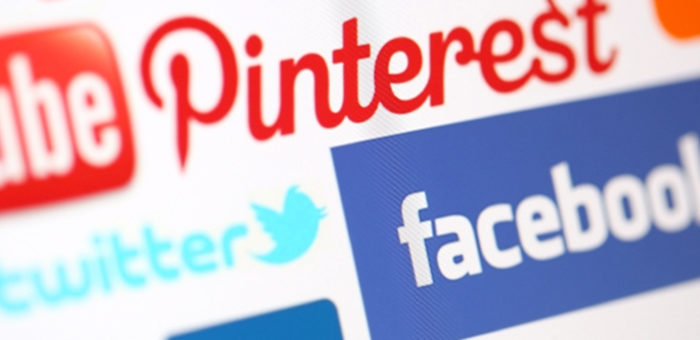The best guess is that 1.96 billion of our world’s 7.6 billion people were on social media in 2017, and the number will grow to 2.5 billion in 2018. It is amazing how fast a message can travel when transmitted from one person to the next.
Evangelicals like to find answers to our questions and seeds for modern trends in the Bible. But, we’re probably not seeking a link between Facebook, Twitter or even email to anything in the Old or New Testaments. Don’t give up so easily.
St. Paul posted the ninth book of the New Testament to a network of Christians and churches in the Roman province of Galatia. Unlike his other letters written to specific people and churches, Galatians is a letter to “the churches in Galatia” (1:2). It is called a “circular letter” that passed from town to town and church to church.
What’s the point? Paul used his first century equivalent of “retweet” to get out his message. Scholars claim that this message transformed the gospel from a limited denomination of Jews to include everyone in the empire and eventually the whole world. Good job, Paul.
Johannes Gutenberg used the IT of 1454 to print the Bible with movable metal type. He launched new technology that (according to Guinness World Records) has printed more than 5 billion copies and has made the Bible the all-time best seller. Good job, Johannes.
Radio was the new technology sweeping America in the early 20th century. Some evangelical Christians thought it was a bad idea to broadcast because Satan is “the ruler of the kingdom of the air” (Ephesians 2:2), and this new technology was sending signals through the air. James Martin Gray, president of Moody Bible Institute, came around in 1926 to found Chicago’s WMBI as the first non-commercial radio station in America. The Moody Broadcasting Network now owns and operates 36 commercial-free stations plus 700+ satellite outlets. Today WMBI broadcasts in Spanish. Good job, James.
Were these once new technologies all platforms for good? Obviously not — first century epistles circulated with heresies, printed books promoted sin, and there is plenty of bad radio. The good news is that courageous and creative Christians have repeatedly claimed new technologies for Jesus Christ and now it’s our turn.
This article originally appeared in Evangelicals magazine.
Leith Anderson is president emeritus of the National Association of Evangelicals and pastor emeritus of Wooddale Church in Eden Prairie, Minnesota. He served as NAE president from 2007–2019, after twice serving as interim president. He served as senior pastor of Wooddale Church for 35 years before retiring in 2011. He has been published in many periodicals and has written over 20 books. Anderson has a Doctor of Ministry degree from Fuller Theological Seminary, and is a graduate of Moody Bible Institute, Bradley University and Denver Seminary.




 View All Articles
View All Articles 










